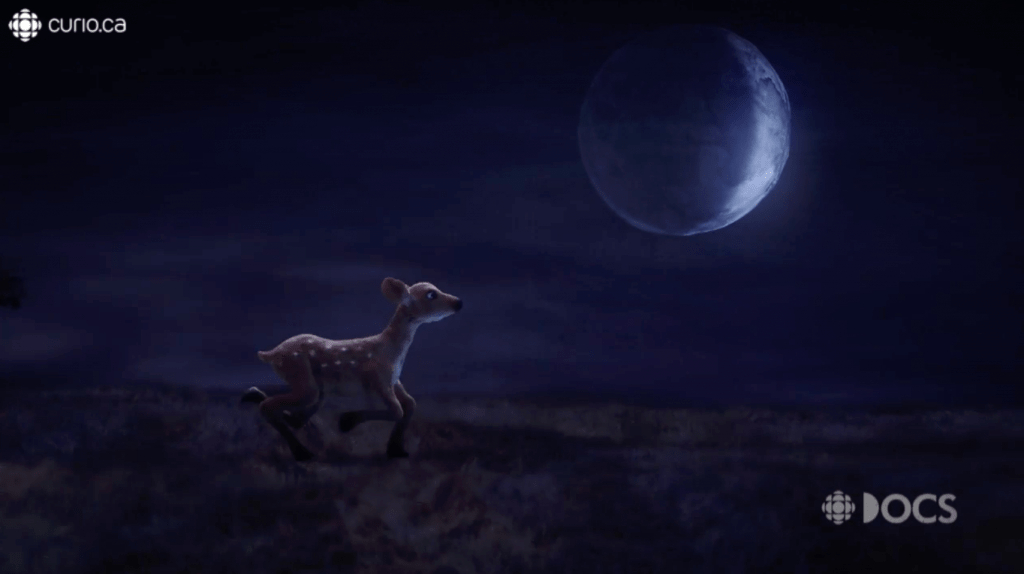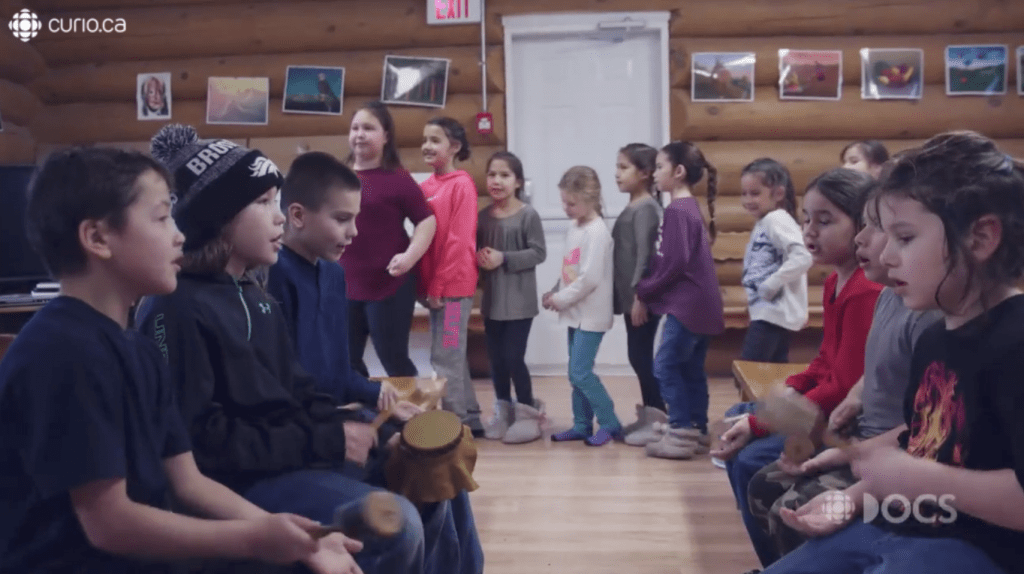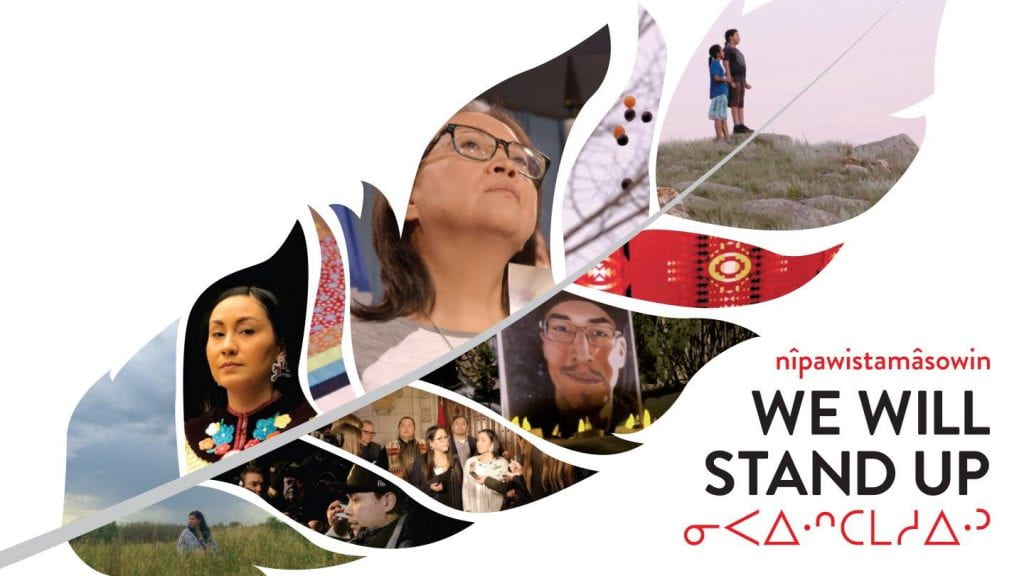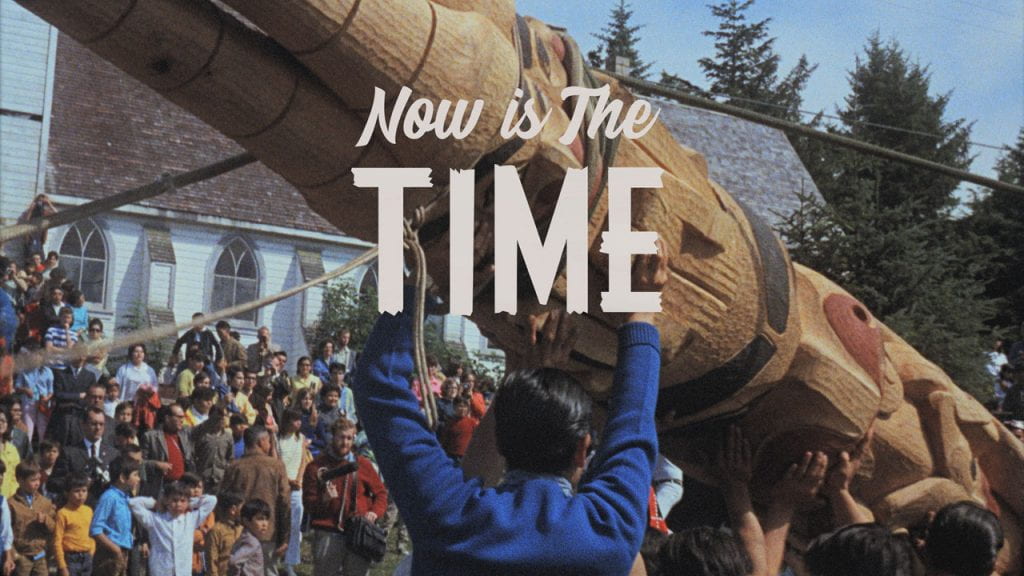Celebrating Indigenous History and Culture
Importance of Indigenous History
Learning about Indigenous history is important for all Canadians. It is one way of honouring Indigenous Peoples’ role in shaping Canadian history and their contributions to protecting democracy. It is also key to recognizing their identity and spirit, which is inherently connected to the land.
National Celebrations
National Indigenous History Month
The month of June is National Indigenous History Month — a time for all Canadians to celebrate and appreciate the unique histories, cultures, and contributions of First Nations, Inuit, and Metis people.
National Indigenous Peoples Day
In cooperation with Indigenous organizations, the Government of Canada designated June 21, the summer solstice, National Indigenous Peoples Day. For generations, many Indigenous peoples and communities have celebrated their culture and heritage on or near this day.
Learn About Indigenous History and Culture Through Films and Books
Catch a glimpse of the richness and breadth of Indigenous culture, diversity, and history through these hand-selected resources. We encourage you to explore the Library’s collection further with our OneSearch tool.
Indigenous Storytelling
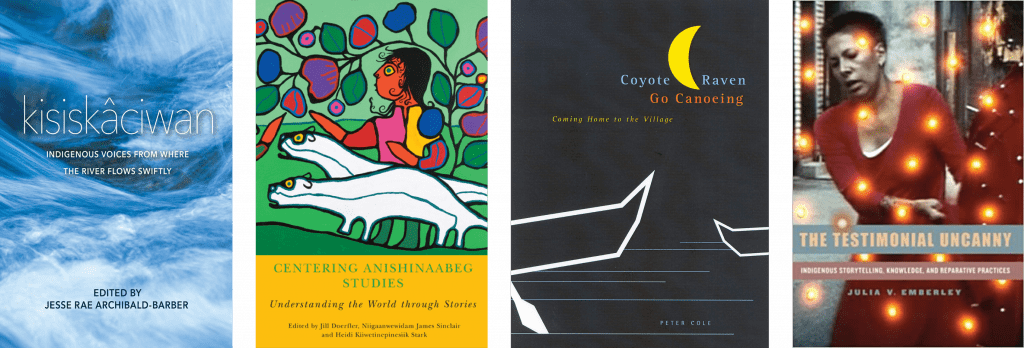
kisiskaciwan: Indigenous Voices from Where the River Flows Swiftly
A ground-breaking anthology from the territory now known as Saskatchewan, this book explores some of the richest and oldest stories from these lands, including voices from Cree, Saulteaux, Dakota, Lakota, Nakota, Dene, and Metis nations.
Centering Anishinaabeg Studies : Understanding the World Through Stories
Written by Anishinaabeg and non-Anishinaabeg scholars, storytellers, and activists, these essays draw upon the power of cultural expression to illustrate active and ongoing senses of Anishinaabeg life.
Coyote and Raven Go Canoeing : Coming Home to the Village
In a gesture toward traditional First Nations orality, Peter Cole blends poetic and dramatic voices with storytelling. A conversation between two tricksters, Coyote and Raven, and the colonized and the colonizers, his narrative takes the form of a canoe journey. It is a celebration of Aboriginal thought, spirituality, and practice, a sharing of lived experience as First Peoples.
Testimonial Uncanny, The : Indigenous Storytelling, Knowledge, and Reparative Practices
Through the study of Indigenous literary and artistic practices from Canada, Australia, New Zealand, and the United States, Julia V. Emberley examines the ways Indigenous storytelling discloses and repairs the traumatic impact of social violence in settler colonial nations.
Indigenous Fiction
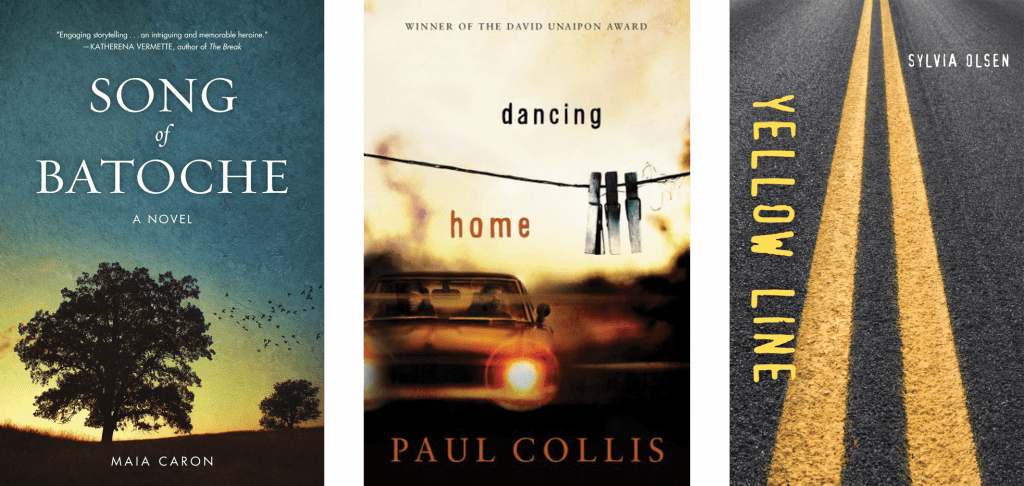
Song of Batoche
This historical novel reimagines the North-West resistance of 1885 through the Métis women of Batoche, and in particular the rebellious outsider, Josette Lavoie.
Dancing Home
Blackie is out for revenge against the cop who put him in prison on false grounds. He is also craving to reconnect with his grandmother’s country. Driven by his hunger for drugs and payback, Blackie reaches dark places of both mystery and beauty as he searches for peace.
Yellow Line
Vince lives in a small town—a town that is divided right down the middle by race. The unspoken rule has been there as long as Vince remembers and no one challenges it. But when Vince’s friend Sherry starts seeing an Indigenous boy, Vince is outraged—until he notices Raedawn, a girl from the reserve. Trying to balance his community’s prejudices with his shifting alliances, Vince is forced to take a stand, and see where his heart will lead him.
Indigenous Culinary Arts
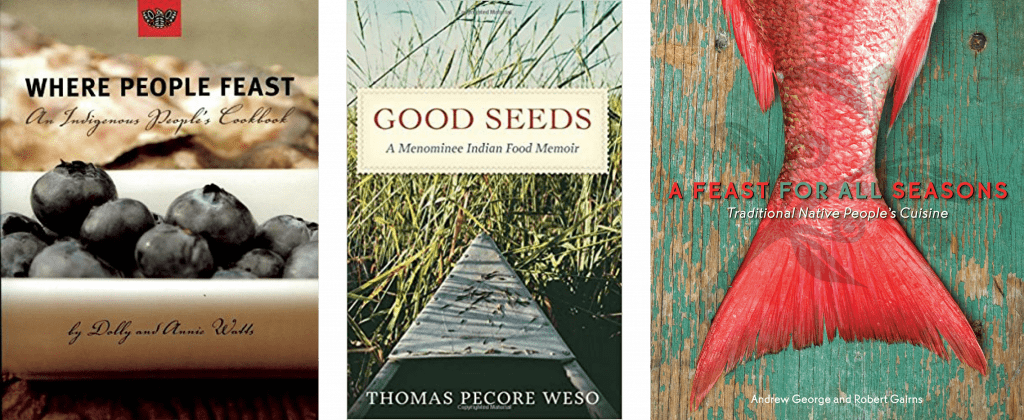
Where People Feast : An Indigenous People’s Cookbook
Where People Feast, one of very few indigenous cookbooks available, is the culmination of a lifetime dedicated to introducing people to extraordinary foods that are truly North American.
Good Seeds : A Menominee Indian Food Memoir
In this food memoir, named for the manoomin or wild rice that also gives the Menominee tribe its name, tribal member Thomas Pecore Weso takes readers on a cook’s journey through Wisconsin’s northern woods. He connects each food—beaver, trout, blackberry, wild rice, maple sugar, partridge—with colorful individuals who taught him Indigenous values.
A Feast for All Seasons : Traditional Native Peoples’ Cuisine
Traditional Native recipes featuring products from the land, sea and sky, symbols of an enduring cuisine that illustrate respect for the nurturing land, and acknowledgment of the spiritual power food can have in our lives.
Streaming Videos
Four Faces of the Moon
Follows the animated journey of an Indigenous photographer as she travels through time. She witnesses moments in her family’s history and strengthens her connection to her Métis, Cree and Anishnaabe ancestors. This is a personal story, told in four chapters through the eyes of director and writer Amanda Strong.
Karihwanoron : Precious Things
A small community bands together around a Mohawk immersion school they founded to keep their language alive. Karihwanoron is a Mohawk immersion program that teaches Mohawk language, culture and philosophy. Unfortunately, this year, the school is at risk of having to close its doors. Permanently.
nîpawistamâsowin: We Will Stand Up
Weaves a profound narrative encompassing the filmmaker’s own adoption, the stark history of colonialism on the Prairies, and a vision of a future where Indigenous children can live safely on their homelands.
Now Is the Time
When internationally renowned Haida carver Robert Davidson was only 22 years old, he carved the first new totem pole on British Columbia’s Haida Gwaii in almost a century. On the 50th anniversary of the pole’s raising, Haida filmmaker Christopher Auchter steps easily through history to revisit that day in August 1969, when the entire village of Old Massett gathered to celebrate the event that would signal the rebirth of the Haida spirit.
Explore Further with the Library’s Indigenous Guides
Delve further into Indigenous subjects with the Indigenous Education guides. Subject-specific collections on the following topics:


